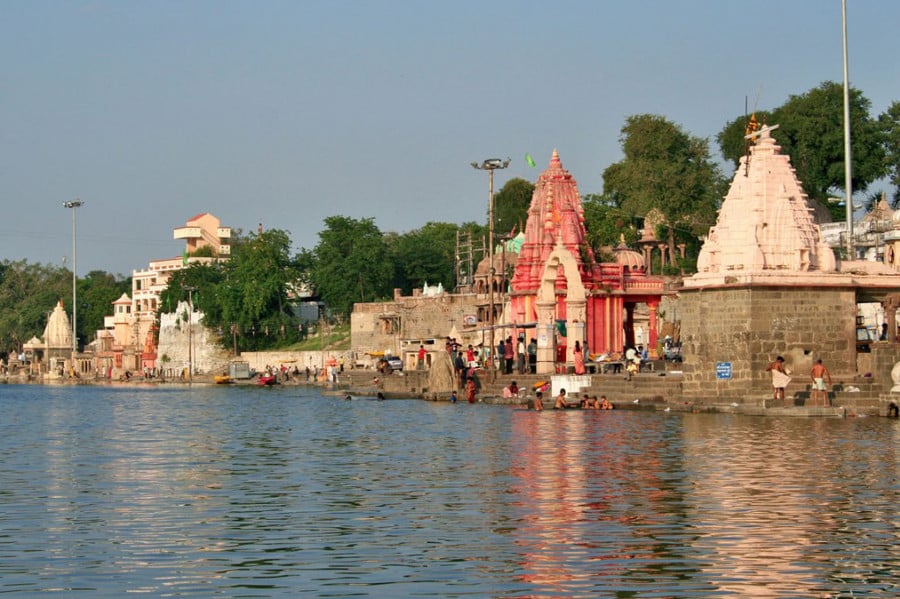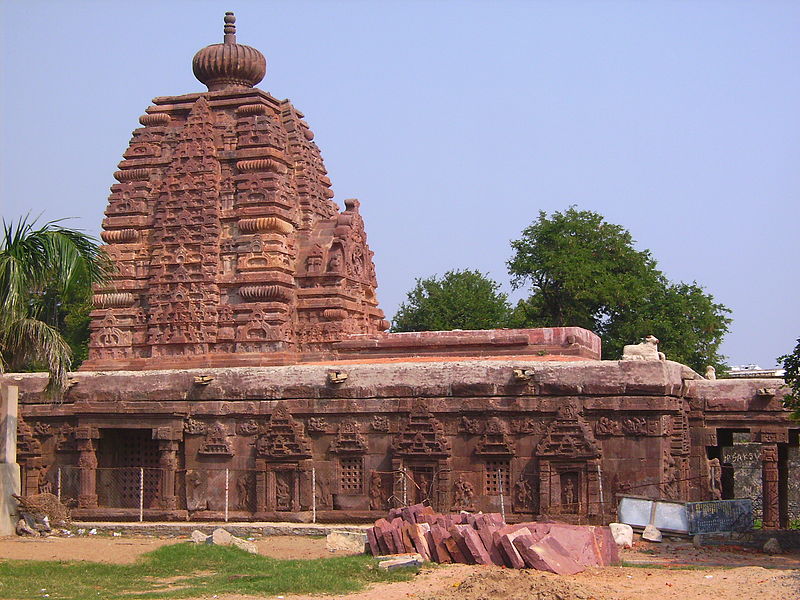Unveiling the Divine Secrets: A Spiritual Journey along the Sacred Shipra River
Explore Shipra River, a sacred Hindu site in India, where Kumbh Mela and holy rituals are held, symbolizing spiritual purification and divine blessings.

The Shipra River, also known as the Kshipra, is a sacred river that flows through the Indian state of Madhya Pradesh. It holds immense significance in Hinduism, as it is believed to be one of the most sacred rivers in India. The river finds its origin in the Vindhya Range and flows through the ancient city of Ujjain before merging with the Chambal River. The Shipra River's sanctity comes from its association with multiple legends and mythological stories, which have been an integral part of Hinduism for thousands of years.
The Shipra River is closely associated with the story of Lord Shiva and the churning of the cosmic ocean. It is believed that during this event, a few drops of the divine nectar of immortality, or 'Amrit,' fell at four different places in India, including the banks of the Shipra River. This has led to the river being considered as a purifier of sins and a bestower of spiritual merit. As a result, millions of Hindu devotees flock to its banks to take a holy dip, especially during the Kumbh Mela, which is held every 12 years in Ujjain.
Ujjain, the ancient city situated on the banks of the Shipra River, has been a prominent religious and cultural center in India since time immemorial. It is home to the Mahakaleshwar Jyotirlinga, one of the twelve Jyotirlingas of Lord Shiva, making it a significant pilgrimage destination for Hindus. Furthermore, the city has a rich heritage of spirituality, learning, and arts, which are deeply interwoven with the river's significance.
The Shipra River is not only important from a religious standpoint but also plays a crucial role in the lives of the people residing in its vicinity. It has been a source of water for drinking, irrigation, and other purposes for countless generations. It has also been mentioned in various ancient scriptures like the Vedas, Puranas, and other religious texts, further highlighting its significance in Hinduism.
In conclusion, the Shipra River's importance in Hinduism cannot be overstated. Its deep-rooted association with legends, mythology, and sacred rituals, along with its role as a life-sustaining force for the people, makes it a vital symbol of India's rich cultural and spiritual heritage. As a follower of Hinduism, one cannot help but feel a sense of awe and reverence towards this sacred river, which has been a witness to the glorious history and spirituality of India for thousands of years.




